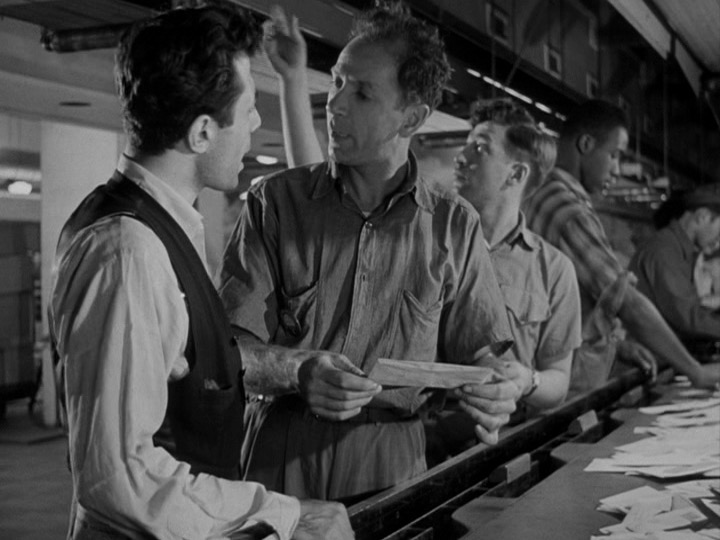“There was a demon that lived in the air. They said whoever challenged him would die. Their controls would freeze up, their planes would buffet wildly, and they would disintegrate. The demon lived at Mach 1 on the meter, seven hundred and fifty miles an hour, where the air could no longer move out of the way. He lived behind a barrier through which they said no man could ever pass. They called it the sound barrier.”
~(opening to the movie “The Right Stuff”)

When you approach the sound barrier there is a sudden increase in aerodynamic drag and the plane buffets around. For Chuck Yeager, and the others, it must have been some experience. It was a change they wanted, but I’ll bet there were some too frightened to push through. Change can feel dangerous. Some of the test pilots of the 50s thought you couldn’t send someone into space and back without being “spam in a can.”
We’re feeling the bumps, jinks, and aerodynamic drag of seismic changes in media, driven by an even bigger change in generations. It’s uncomfortable, disruptive and even frightening. The world, as we baby boomers knew it, is evolving but that’s no worse than what the Greatest Generation, who fought in World War II, had to adapt to with us. Funny, they thought Boomers would be the end of America, but here we are. Things will change, but at the same time the world will go on.
We all have our areas where change seems impossible, there’s nothing wrong or unusual with that, unless it freezes us into inaction. Change is happening all around us every day. The key is the response to change – how we humans handle the change. There are basically three responses: we fool ourselves and ignore or refuse change, we can adapt to change, or we can be one of those rare people who get ahead of and lead change.
The question we should be answering is not about change, it should be how we’ll adapt to change, or maybe even lead change.






 Sometimes it seems like we live in a world where so many people want to see themselves as Steve Jobs or Sir Richard Branson, strong individuals who chased their own unique vision. The challenge is that those individuals are few and far between. Few understand there is only one Steve Jobs and one Richard Branson. So we create a class of smart people who could otherwise make great leaders but instead allow them to become self-centered micro-managers.
Sometimes it seems like we live in a world where so many people want to see themselves as Steve Jobs or Sir Richard Branson, strong individuals who chased their own unique vision. The challenge is that those individuals are few and far between. Few understand there is only one Steve Jobs and one Richard Branson. So we create a class of smart people who could otherwise make great leaders but instead allow them to become self-centered micro-managers.
